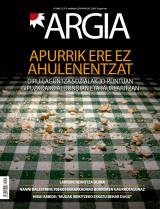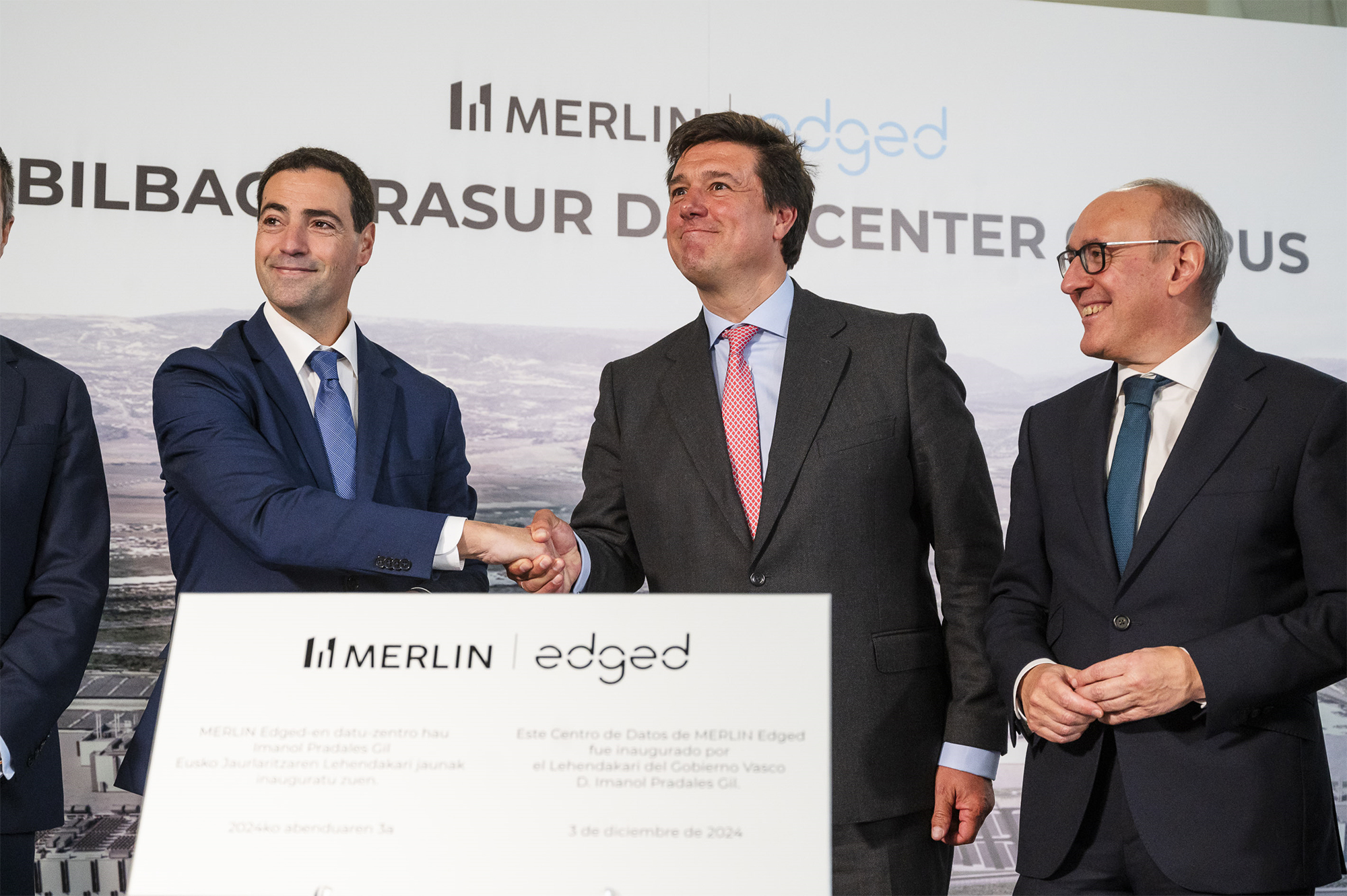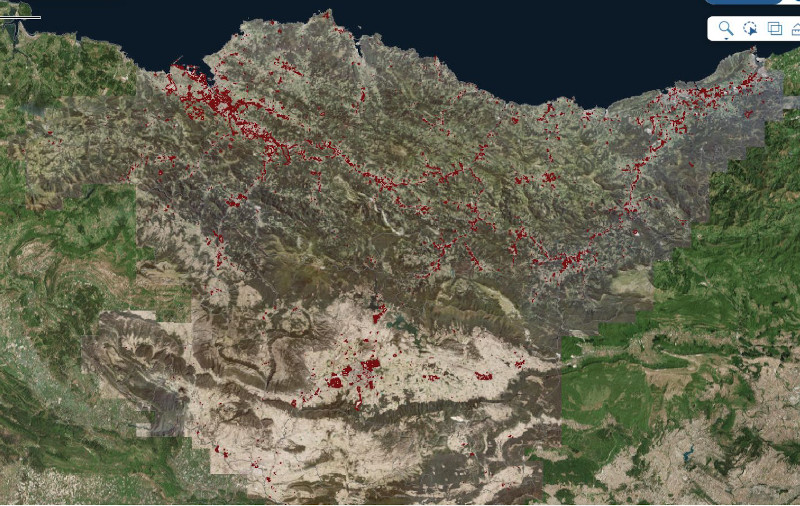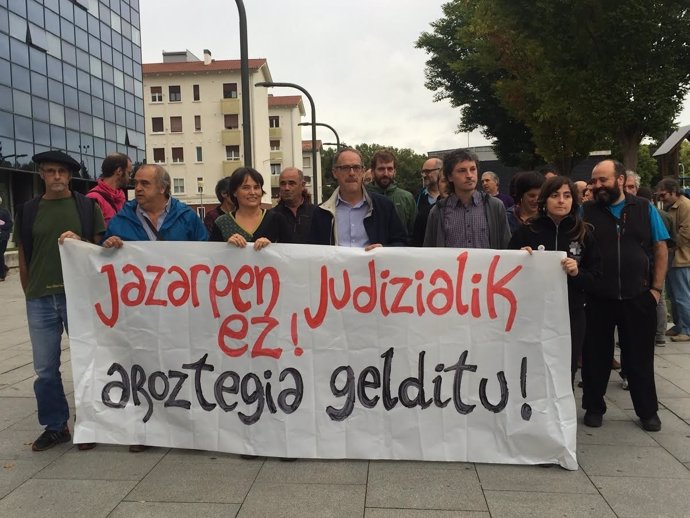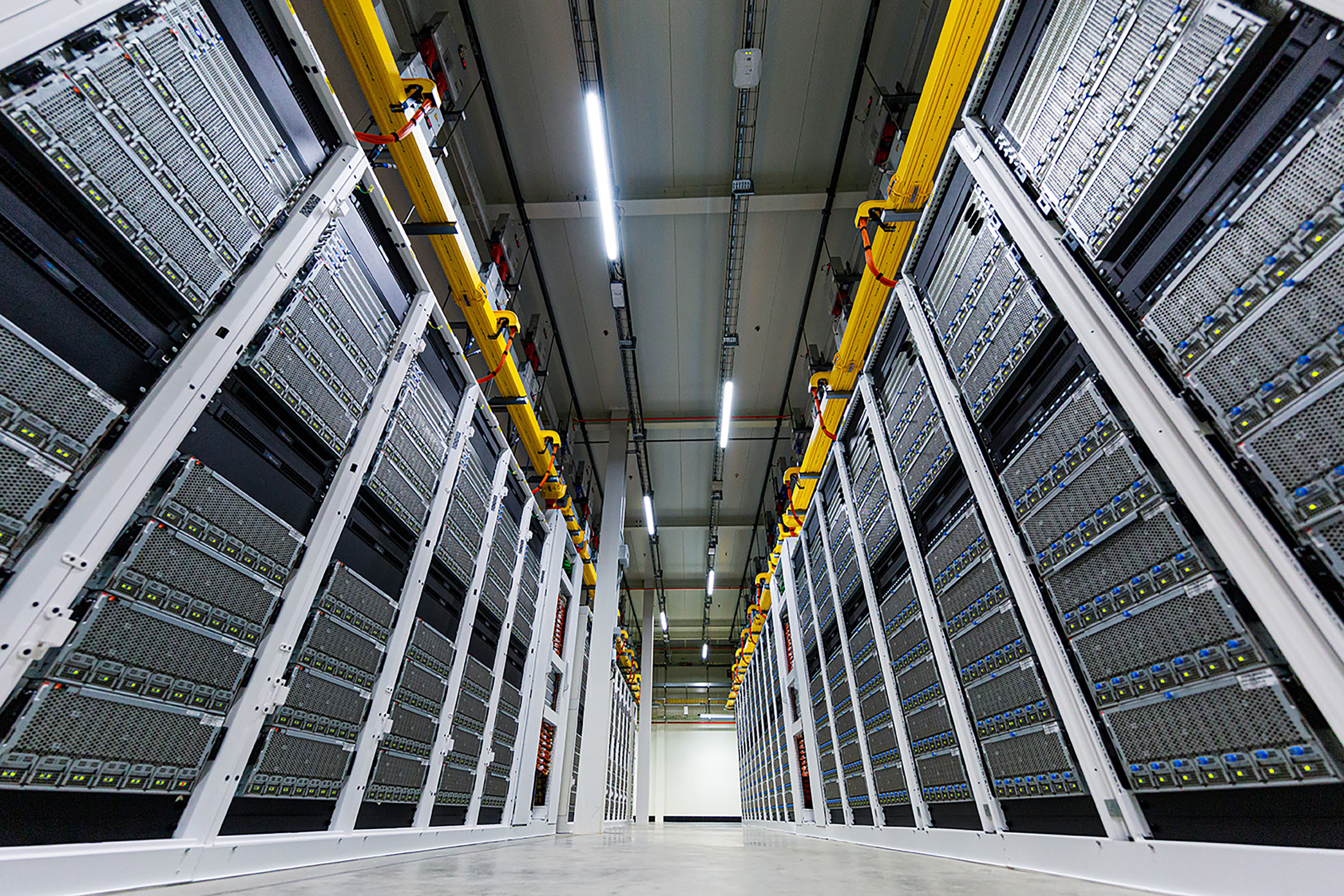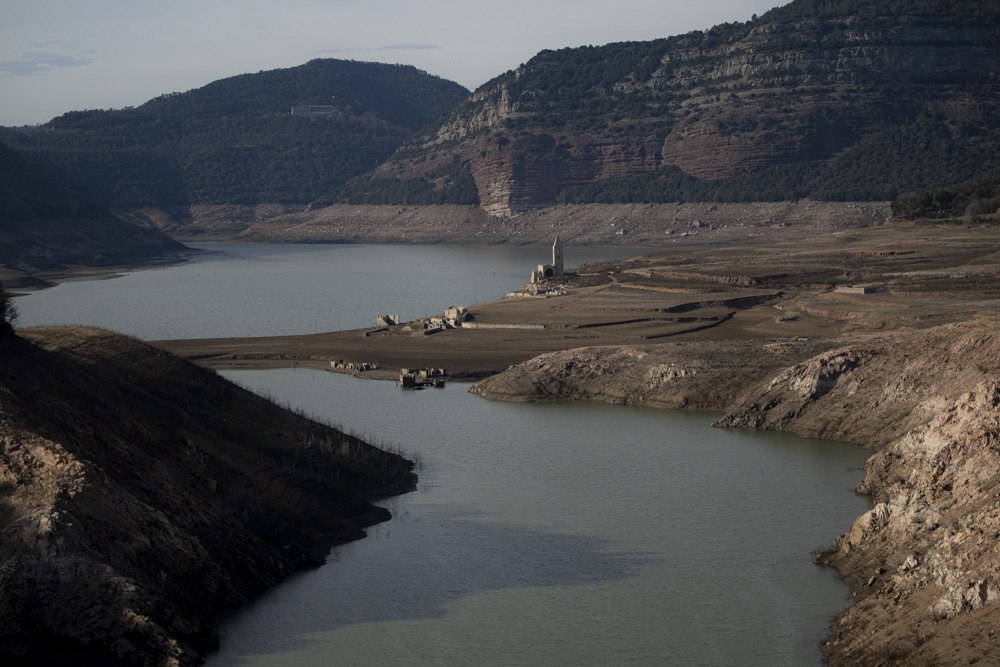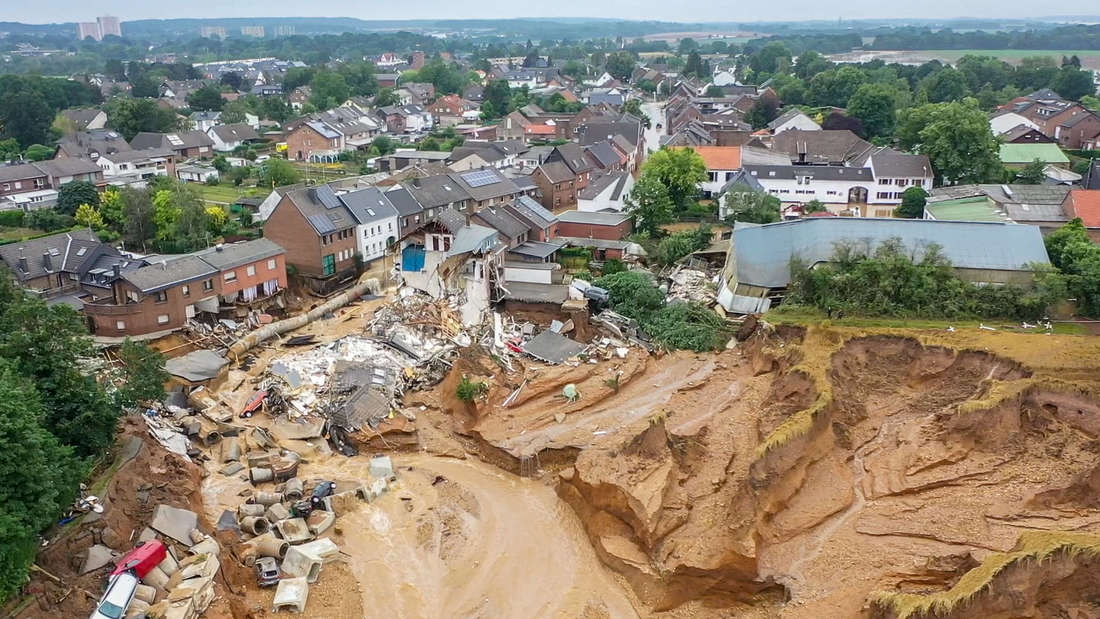"The campaign against water taxes has become a social and political movement"
- Ireland has been suffering for years from the terrible consequences of the crisis: cuts in education, health and public services, public debt payments… In 2014 the troika stopped lending to Ireland, to which must be added the government’s taxation of water. It has provoked many protests in Irish society. We spoke with Brendan Ogle, an Irish trade unionist and spokesman for the “Right2Change” movement, about the platform against the privatization of the “Right2Water” water created in 2014. In addition to the water issue, we have also talked about Brexit and the future of Ireland.
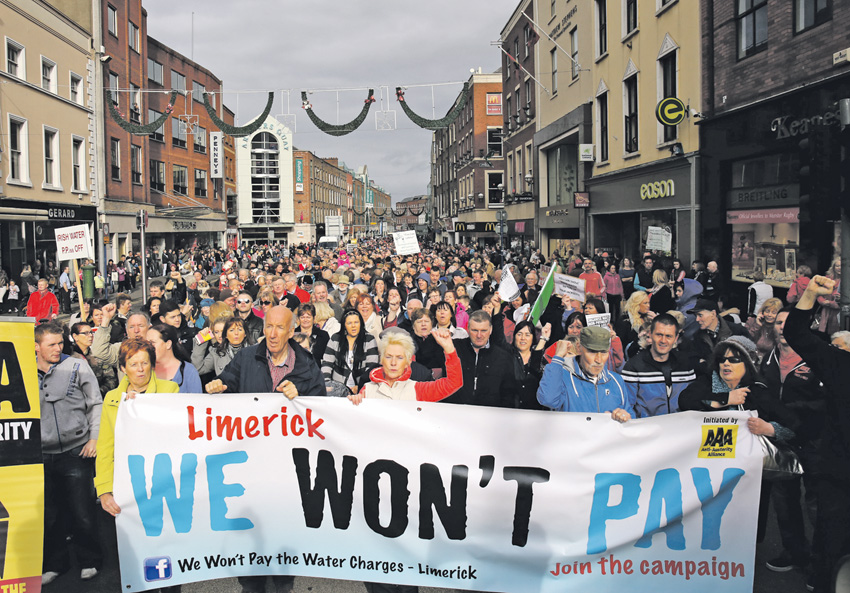
Why did the Right2Water movement start?
Ireland suffered a collective economic drama between 2009 and 2014. In that year, the country refused to receive troika loans and in October the government decided to raise water taxes. We take it as a measure of austerity. Trade unions, politicians and independents of the Irish Left Party met to discuss the attitude to take to these measures. The campaign we launched had three fundamental pillars: worker unity, politics and community unity. The three sides agreed that water was a human right, enshrined in the International Declaration of Human Rights. Our goal was to end the water tax imposed by the government.
When did protests start on the street?
On 11 October 2014 we convened the first mobilisation in Dublin, without the support of the country’s main media. An estimated 20,000 people were expected and the protest was over 100,000. The second protest took place on 1 November, and in spite of the rain, over 200,000 people congregated in 106 Irish towns. This is something for a country of about 4.5 million people. Following these mass protests, the media ' s attitude became extremely depraved: they began to say that the demonstrations were undemocratic and that within the movement there were subversive forces, among other things. In December 2014, the third protest event took place in Bilbao. With this protest, we are trying to extend the movement to the international community. 80,000 people gathered in front of the Dublin Parliament. In the Greek city of Tesaloniki, several people held a referendum on water in 2014, as well as volunteers from the Detroit Water Brigade. What started out as a campaign against water privatization has become a social and political movement. Right2Change is a political platform, not a political party, because we have to make a difference of policies and policies.
How can we extend the fight for the abolition of water taxes to other areas of society as a movement?
In Irish politics there has been no difference between the left and the right, as in politics there are mainly two right-wing parties, Fianna Fáil (centre-right) and Fine Gael (Christian Democratic right). We are not trying to recreate the Left, but to create for the first time. In the past there were political campaigns related to the union: demands for minimum wages or slogans against tax increases. In any case, they were local campaigns. This is the first campaign across Ireland: it includes trade unions, political parties and social movements. In my opinion, this is the greatest achievement. Ireland has many problems: unemployment, people living on the street... but it does not have water poverty. People have taken to the streets because this right is in danger. From the Right2Water movement we created Right2Chance in July 2015 from the common points that we agreed with Sinn Fèin, troskists, workers' parties and independents beyond being against water taxes.
What are the common points?
We agreed on ten measures that would characterize the Right2Change movement: the audit of the debt that private finances have left in society and the creation of a public banking system, the democratic reform of the country, free education, the construction of a system of equality between Irish and foreign nationals, the restoration of the public health system, the creation of a housing policy appropriate to the needs of citizens, the promotion of decent jobs, respect for the natural resources. The political principles of this document, published in June 2015, apply to any country in the European Union, in addition to Ireland. The anti-water tax movement was the basis of the Right2Change movement.
What view do you have of Brexit?
First of all, I consider myself European. The common enemies that all countries have are transnational and neo-liberalism, and that is why we have to fight them. The European Union model is incapable of guaranteeing equality between citizens. The next economic crisis will be caused by Brexit, the economic situation in China and the structural problems in the German banks, which will lead to the fall of the European Union. At the moment we are witnessing economic imperialism. If the United Kingdom leaves the European Union, the Irish are presented with a real new opportunity to democratise the country. Last February I participated in the DIEM25 movement that was created in Berlin. I said there that 2025 is going to be too late to democratise Europe. The European Union is going to die both politically and socially. People defend the European Union because they think there is no alternative. In other words, the only reason to believe in the European Union is the lack of hope of developing something new. If Britain stays in the European Union, the disappearance of the European Union will only be delayed in a short space of time. We must begin to talk about what the European Union is going to represent among the European countries. If nationalisms represent it, it will be very dangerous, both in Ireland and throughout the European Union.
Should Irish society adopt an attitude of disobedience over the next ten years?
That is the challenge we have at the moment. The two major Irish political parties are supported by less than half of the civilian population in Northern Ireland. 65% of the registered voters, 49% of whom go to the two major right-wing parties. The two big parties are about to die. By demography, very few people between the ages of 30 and 40 vote for the two main parties. The democratic system is at a breaking point and change must be based on concern for politics, not personal concern. Sinn Fèin, for its part, has done nothing but a small break in the system. The rest of the leftist parties have not caused any sort of breakdown in the government. There is a great gap in the democratic system. As long as this gap is not appreciated, society is completely defeated in the parameters of participatory democracy, as the elites will take more strength than they now have. Policies based on equality must be progressive on the basis of change, of a just redistribution of the world. If this does not happen, we are gradually losing democracy, although I do not believe that today we live in democracy. This small country, with less than 1% of the population of the European Union, must pay 41% of the debt of European banks. My children will have to pay the debts they haven't generated until 2053. What kind of independence is this? Cultural identity (poets, musicians, folklore) is very important for a people, but we do not have economic independence. Do we have rights to decide policies on housing, on water, on the world of work?
Andeetako Altiplanoan, qocha deituriko aintzirak sortzen hasi dira inken antzinako teknikak erabilita, aldaketa klimatikoari eta sikateei aurre egiteko. Ura “erein eta uztatzea” esaten diote: ura lurrean infiltratzen da eta horrek bizia ekartzen dio inguruari. Peruko... [+]









